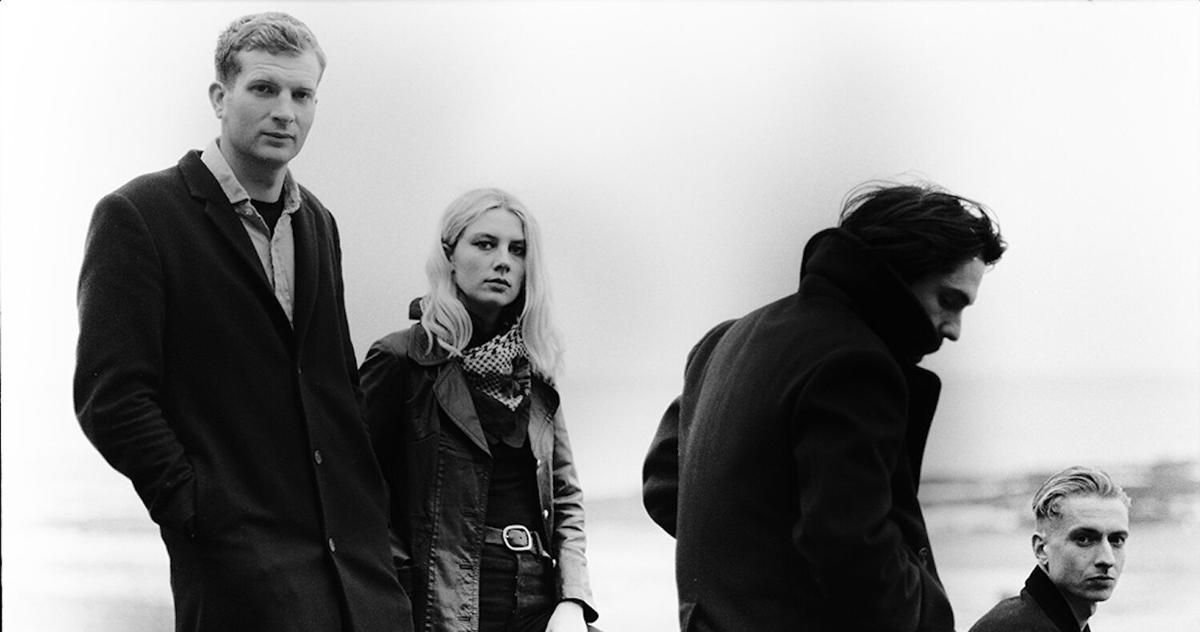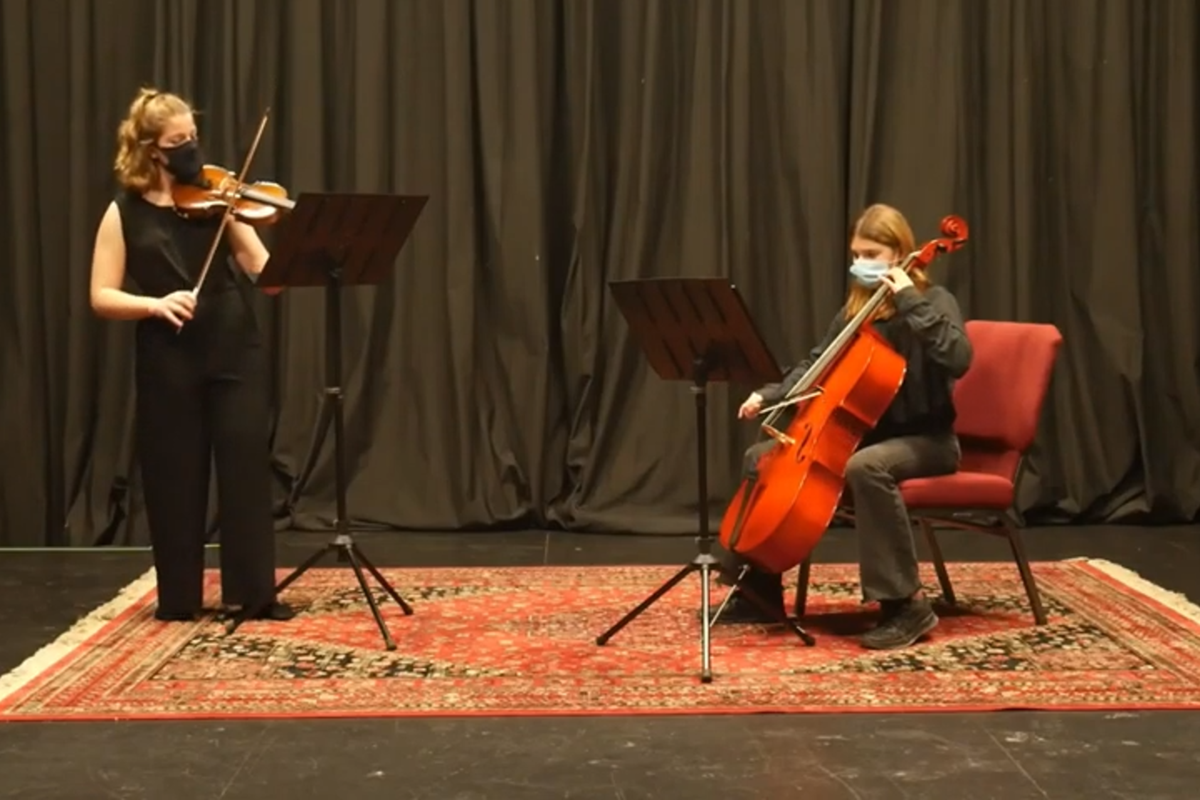The Philadelphia Orchestra performs Clara Wieck-Schumann’s piano concerto for the first time
/cloudfront-us-east-1.images.arcpublishing.com/pmn/BKYBCGCVJFB3JHS53P2N5HFYIM.jpg)
Not all artwork we come across has to be awesome. There are other more interesting reasons for giving certain plays a public airing. Like spending time in the provocative company of a work of art that plays molehill with our expectations.
You couldn’t escape the feeling that Clara Wieck-Schumann was playing with expectations and conventions within her Piano Concerto in A minor, which received its first-ever performance from the Philadelphia Orchestra on Thursday night. The fact that it was written by a 13 or 14 year old girl and edited and performed by her before she was 16, in a concert conducted by Mendelssohn, is probably all the stamp of approval one needs.
Here at Verizon Hall, the work of star pianist and the future Mrs. Robert Schumann came with another recommendation: the recommendation of pianist Beatrice Rana, who took the work’s unusual form and inventive harmonic twists and filled them with emotional detail with enormous punch.
The piece isn’t wonderful from wall to wall, but Rana took the ones that were wonderful and made them particularly beautiful – like the beautifully expressive liberties with the tempos she took in the first movement; and the hushed, delicate manipulation of material by the pianist in the long solo piano stretch. Why conductor Yannick Nézet-Séguin decided to conduct the pas de deux by Rana and cellist Hai-Ye Ni was unclear. It’s an episode of striking intimacy probably unmatched in the repertoire, and the two instrumentalists didn’t need to hold hands to do it beautifully.
The program – repeated Friday night at Carnegie Hall and this weekend at Verizon – has been booked by Ravel. Bolero ended the concert with a reading of Nézet-Séguin just fast enough to sound a bit mechanical. The point of programming a workhorse like this is to show off your orchestra – both the individual musicians as well as some of the imaginative hybrid instrumental combinations that Ravel comes up with (like the piccolo statement of the melody that emulates the harmonics of an organ pipe). The multi-instrument mixes were fine enough, but some players in the solo statements didn’t seem quite comfortable.
by Ravel Couperin’s Tomb also highlighted talents, in particular that of oboist Philippe Tondre. The voice of the instrument is intertwined throughout the work, and the emphasis was not on Tondre’s essential sound, but on their variety. It was liquid and transparent in the opening, wider later on, and a lofty, supple marvel in the third movement. It was curious to hear the ensemble still concentrate in the opening of the “Rigaudon”, although the final statement of the main material shows how it is done.
Philadelphians can claim the authority of Florence Price Symphony No. 3, a recording of which won the band a Grammy – its first ever in the category “best orchestral performance” (a surprising first, given the orchestra’s long and storied recording history). It’s easy to hear why he won. The mix of black musical sources and this set’s ability to pour out its warm, human sound is a breathtaking combination. Price uses a musical language in the piece that makes his stories sound profound. From a finishing point of epic proportions in the first movement, supreme contentment in the second, euphoric liberation in the third and tumult in the fourth, Price draws us into his world. It’s cinematic and it’s good music.
Additional performances: Saturday 8 p.m. and Sunday 2 p.m. at Verizon Hall, Broad and Spruce Sts. Tickets cost between $10 and $168. philorch.org215-893-1999.




/https://specials-images.forbesimg.com/imageserve/61155baecc5118235bb18e10/0x0.jpg?cropX1=0&cropX2=1920&cropY1=0&cropY2=1080)




